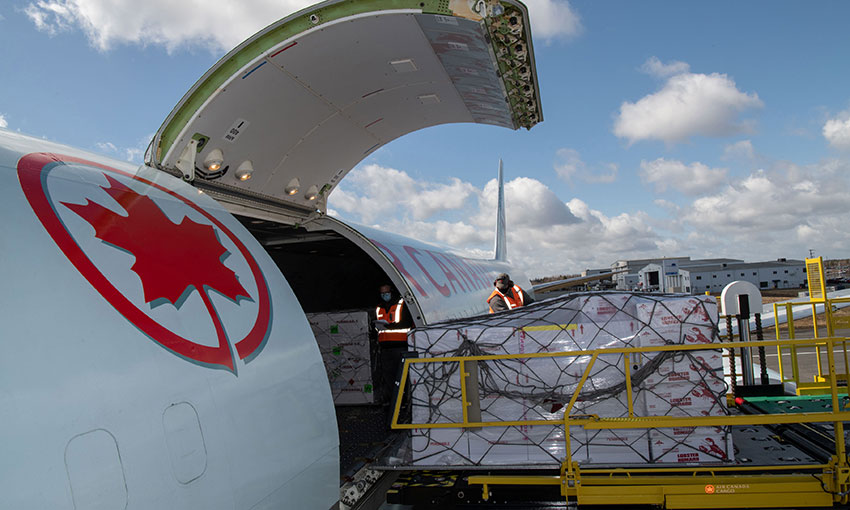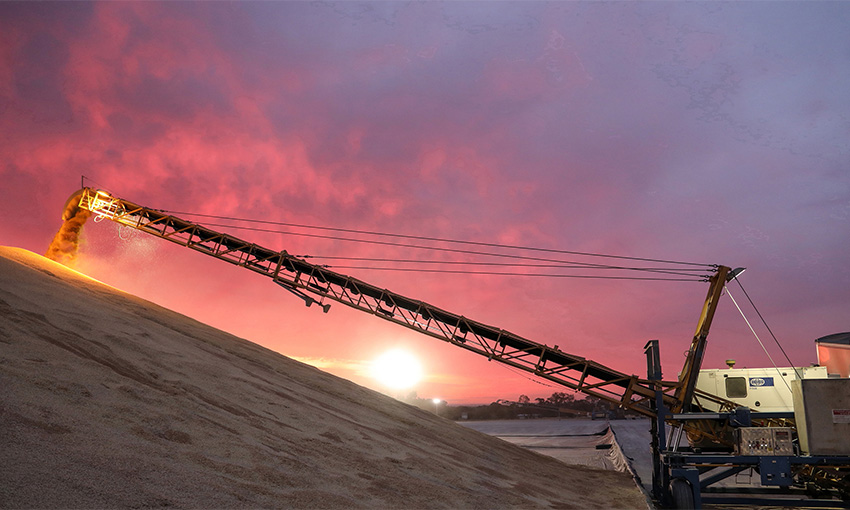THE AIR freight market could see a return of “classic seasonality” in 2024, according to market intelligence firm Xeneta.
Xeneta released its 2024 air freight outlook this week, which highlights muted consumer spending as a key factor for the year ahead.
Demand for air freight in 2023 remains down by -8% compared to pre-pandemic levels and is predicted to grow by 2% at most in 2024. Supply is expected grow by between 2% and 4% in 2024.
Xeneta chief airfreight officer Niall van de Wouw said 2024 could be “an opportunity for shippers to catch their breath” after the volatility of the past few years.
“The rapid rate decline which started earlier this year has calmed down in recent months. It seems to be the market has a new baseline, from which I expect classic seasonality patterns to emerge,” he said.
Mr Van de Wouw said the key indicators are “not great” from a demand point of view. It’s muted and there’s a lot of uncertainty in the world.
“People and companies are a bit more conscious how they are spending their money and we will likely not see demand pick up in any meaningful way in 2024.
“Yes, we will see a return of classic seasonality, but it will be muted seasonality.”
Xeneta data found an increasing trend for longer term contracts. Mr Van de Wouw said the trend presented a “potentially perilous” situation for freight forwarders in 2024.
“There is fierce competition and I understand why freight forwarders want 12 months contracts to secure volumes and shippers want to lock in for a longer period to reduce their workload,” he said.
“The problem is freight forwarders are selling long term contracts but buying the majority of volume from carriers on the short term spot market. If the rates go up, there is a serious issue.
“We saw it recently out of Vietnam where 70% of volume is bought on the spot market. Rates suddenly went crazy prior to Golden Week and freight forwarders told shippers they could not honour the contracted service.
“This could happen on any market and is a real risk for next year unless freight forwarders and airlines can find common ground on long term rates.”
Xeneta’s 2024 outlook also highlighted recovery of capacity putting downward pressure on rates as a theme for 2024, along with environmental sustainability and improving schedule reliability in ocean freight shipping.
Mr Van de Wouw said it was important for the air freight industry to look towards the ocean.
“Ninety-seven per cent of global containerised goods are transported by the ocean. Given the volumes involved, if the ocean industry mess things up, even to a small degree, then there is always money to be made in the air,” he said.
“Reliability in ocean is improving, but it only takes one black swan event for the situation to change and rates to increase rapidly.
“No one has a crystal ball, but you only have to look at the drought in the Panama Canal, threat of volcanic eruptions in Iceland and conflict in the Middle East to understand how delicate and sensitive to world events the air freight industry is.
“If we do get a black swan event in 2024 then strap yourselves in for another ride on the rollercoaster.”
Xeneta is an ocean and air freight benchmarking and intelligence platform based in Oslo.





